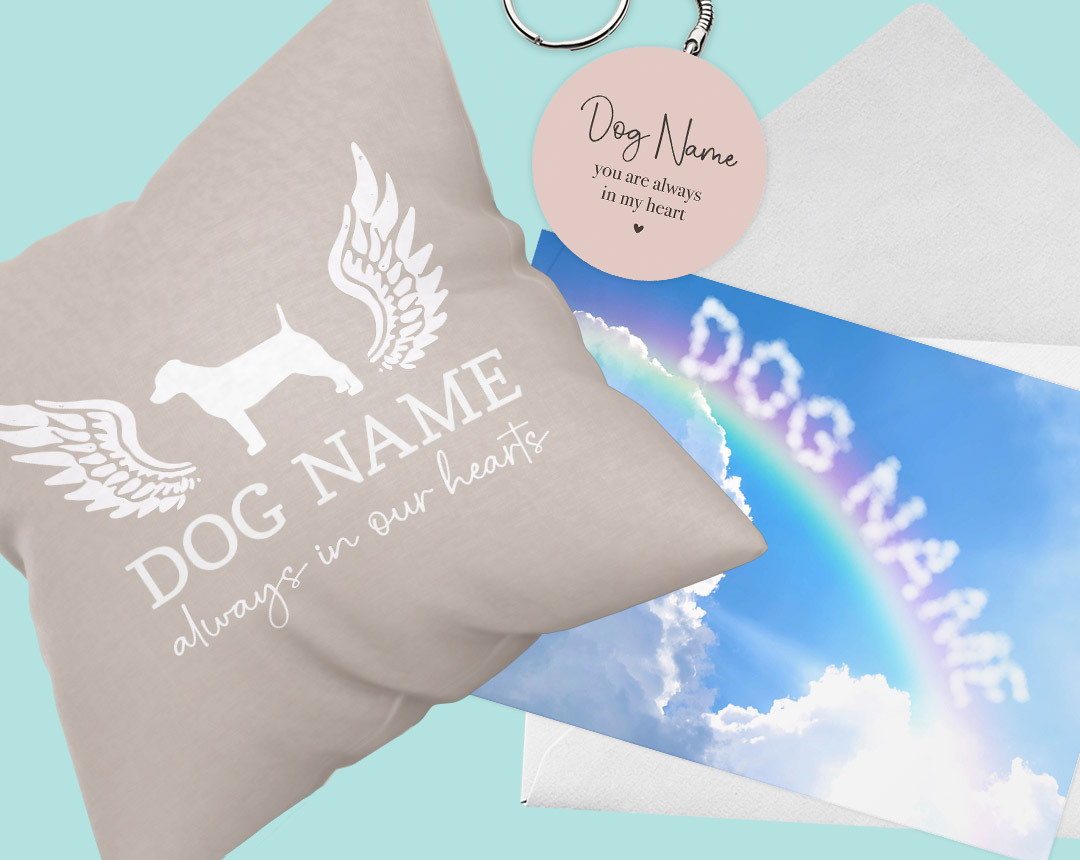The Basset Hound Shop
Basset Hound Breed Summary
Laid-Back, Playful, Noble and Loyal
These guys are a truly loved breed and have found their place in both our hearts and homes! They are a fairly adaptable breed, whether they're chilling out at home or running around after prey!
They are very unique looking and are often described as being large in body, with short, little legs! However, they are very powerful looking, so it's no surprise they have a huge amount of stamina behind them when it comes to working out in the field.
Fun Fact: The shape and size of a Basset Hound’s ears help to bring scents and smells to their noses whilst they are tracking their prey!
| Kennel Club Group | Hound |
| Lifespan | 11 - 12 years |
| Height (at the withers) | Males and Females 12 - 15in |
| Weight | Males and Females 40 - 65lb |
| Coat | Short and Smooth with No Feathering At All |
| Color | Lemon & White, Red & White, Tan & White, Tricolor |
| Eye color | Dark |
| Common health issues | Entropion, Ectropion, Primary glaucoma (Poag), Invertebral disc disease, Elbow Dysplasia, Pachydermatitis, Bloat/gastric torsion |
| Other Names | Basset Hush Puppy, Basset |
In some parts of the country, Basset Hounds are still used for hunting game, but otherwise make great family pets. This is because of their laid-back attitude and the fact they love playing with kids! They are discussed as being ‘noble’ in appearance but are far from it in personality, with their lovable, docile ways. Although not the smallest dogs, these guys still fancy themselves as lap dogs and will try their best to sit on yours! They have an incredible sense of smell and it’s believed the only dogs with better smelling capabilities are the bloodhound. These pooches gain weight very quickly so it’s probably best you hide your food!
The Basset Hound is most probably descended from the St. Hubert Hound, an elderly ancestor of the Bloodhound that we know today. It’s thought that the St. Hubert suffered a mutation, that produced short-legged dogs. People kept them as items of curiosity until it was discovered that they had an excellent ability to track small mammals in difficult environments. The first illustration and record found of the Basset Hound were in a book about hunting, written in 1585, though these dogs have since changed in appearance. It wasn’t until the 1870s that they truly came into popularity when a British breeding program was created by Sir Everett Millais, who was known as ‘the father of the breed’. But the real turning point for this breed, was in 1928 when one was featured on the front of Time Magazine, they have since grown and grown in popularity and have even featured on advertisements for ‘Hush Puppy Shoes’!




















